Marine Science
Fixing the role of nitrogen in coral bleaching
A unique investigation highlights how excess nitrogen can trigger coral bleaching in the absence of heat stress.
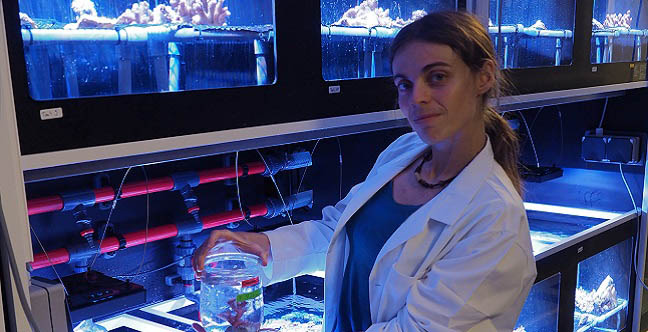
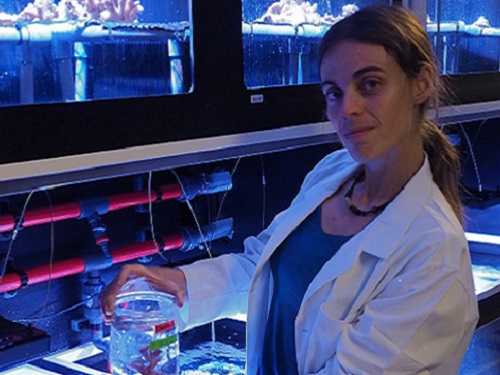
Claudia Pogoreutz in the KAUST Coastal and Marine Resources Core Lab; the team’s experiments show that corals suffer bleaching after spending time in a sugar-enriched environment even without the influence of heat or light stress.
© 2017 Christian Voolstra
Excess nitrogen is shown to disrupt coral-algae symbiosis, triggering bleaching even in the absence of heat and light stress. With coral bleaching events intensifying as global sea temperatures rise, this is an important finding in the race to understand the mechanisms behind bleaching and ways to reduce the devastating impact on coral reefs1.
“Corals are remarkably adapted to thrive in the sun-lit, nutrient-poor waters of tropical oceans, mainly thanks to their intimate relationship with microscopic algae,” said Claudia Pogoreutz of the Red Sea Research Center at KAUST. “In this relationship, corals regulate the algal growth and activity by limiting their access to nitrogen. This blackmailing results in algae producing energy-rich sugars, through photosynthesis, for the coral animal.”
Another microbial group—nitrogen-fixing microbes called diazotrophs—may play a key role in maintaining the productivity of the meta-organism by supplementing it with extra nitrogen for metabolism and growth. However, as increasing amounts of waste water, which is full of sugars and nitrogen, are pumped into our oceans, the delicate balance of this nitrogen cycle is in jeopardy. This could in turn exacerbate bleaching events.
The team, led by KAUST’s Christian Voolstra in collaboration with scientists from University of Bremen in Germany, took a unique approach to examining how sugar enrichment and nitrogen disruption can contribute to coral bleaching by studying bleaching in the absence of heat and light stress.
“By working out how other environmental factors induce bleaching, we can identify similarities and previously overlooked processes that might explain what happens during bleaching caused by heat stress,” explained Ph.D. student Nils Rädecker. “Samples from corals were placed in tanks in the Coastal and Marine Resources Core Lab. We added a sugar mixture to some of the tanks while others were kept as controls.”
The sugar-enriched environment fueled the nitrogen-fixing microbes with extra energy, meaning they fixed more nitrogen. This excess nitrogen available to the coral animal upset the balance of nitrogen limitation to the algae, causing the breakdown of coral-algae symbiosis and triggering bleaching.
“This is the first study to highlight the importance of microbial processes like nitrogen fixation for coral health, and how disruptions to these processes may pose a previously unidentified threat under certain conditions,” said Rädecker.
The researchers hope that highlighting the role of nitrogen in bleaching will prompt authorities worldwide to seriously tackle water pollution. While global climate change is undoubtedly the biggest threat to coral reefs, limiting further damage by cleaning up our oceans could help these fragile ecosystems survive.
References
- Pogoreutz, C., Rädecker, N., Cárdenas, A., Gärdes, A., Voolstra, C., & Wild, C. Sugar enrichment provides evidence for a role of nitrogen fixation in coral bleaching. Global Change Biology advance online publication 21 April 2017.| article
You might also like
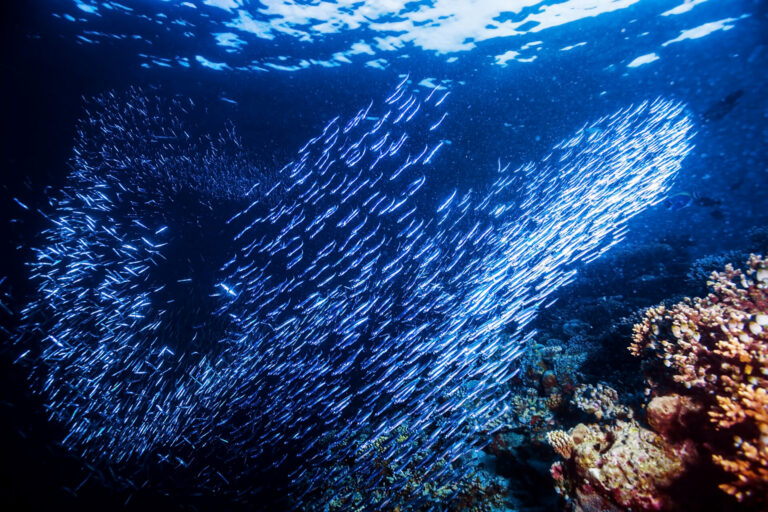
Marine Science
Potential gains from replenishing reef fish stocks revealed
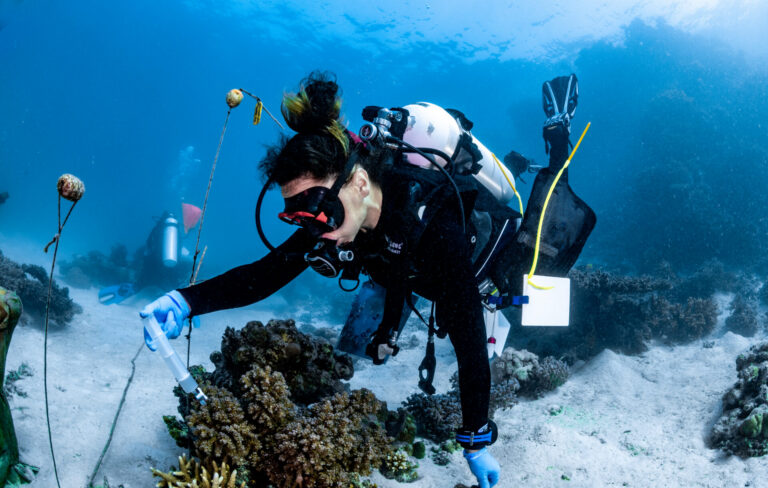
Marine Science
A place to trial hope for global reef restoration
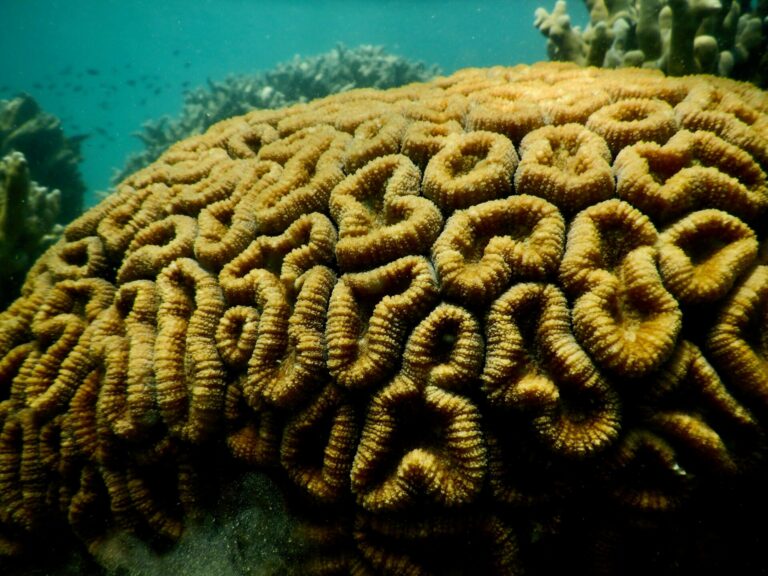
Marine Science
Reef-building coral shows signs of enhanced heat tolerance
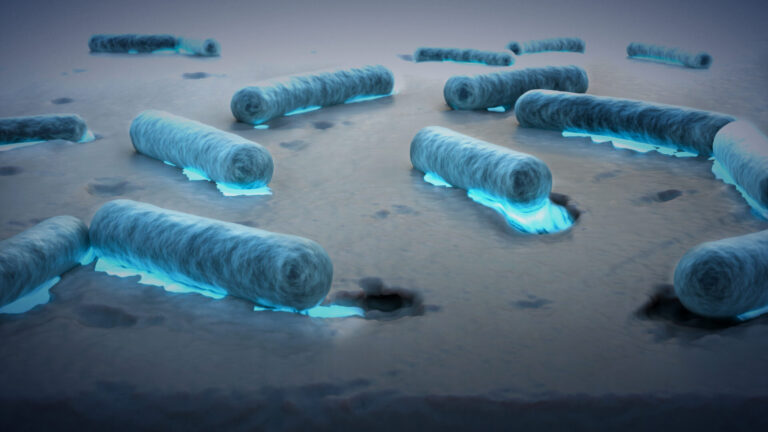
Marine Science
Plastic-munching bacteria found across the seven seas
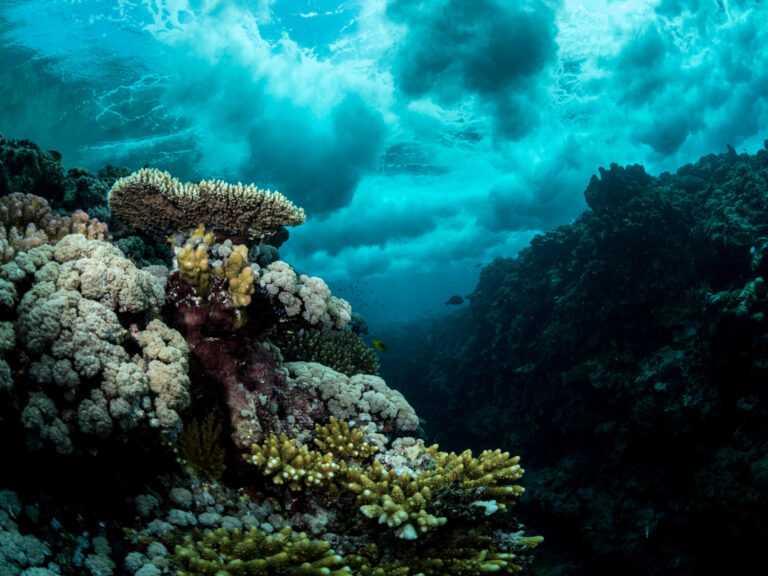
Marine Science
AI reveals the universal beauty of coral reef growth
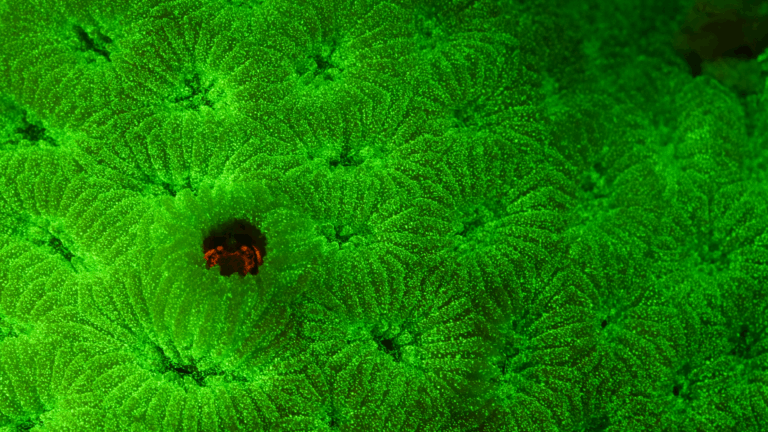
Marine Science
Tiny crabs glow to stay hidden

Marine Science
Mass fish deaths linked to extreme marine heatwave in Red Sea
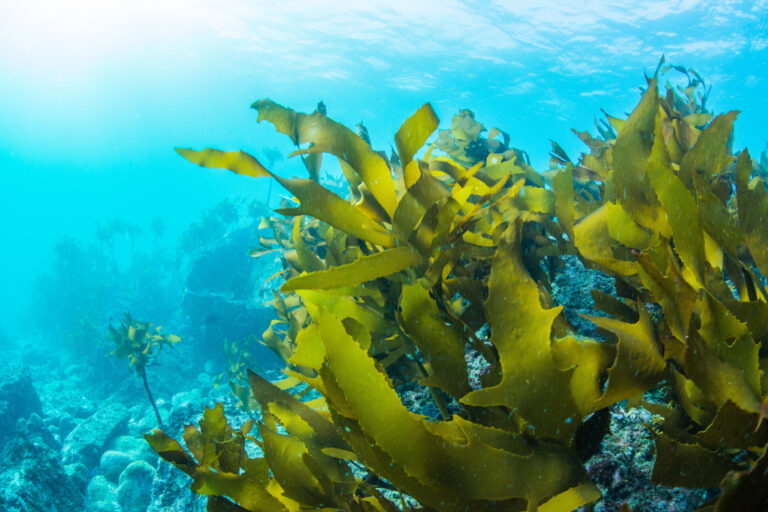
Marine Science



